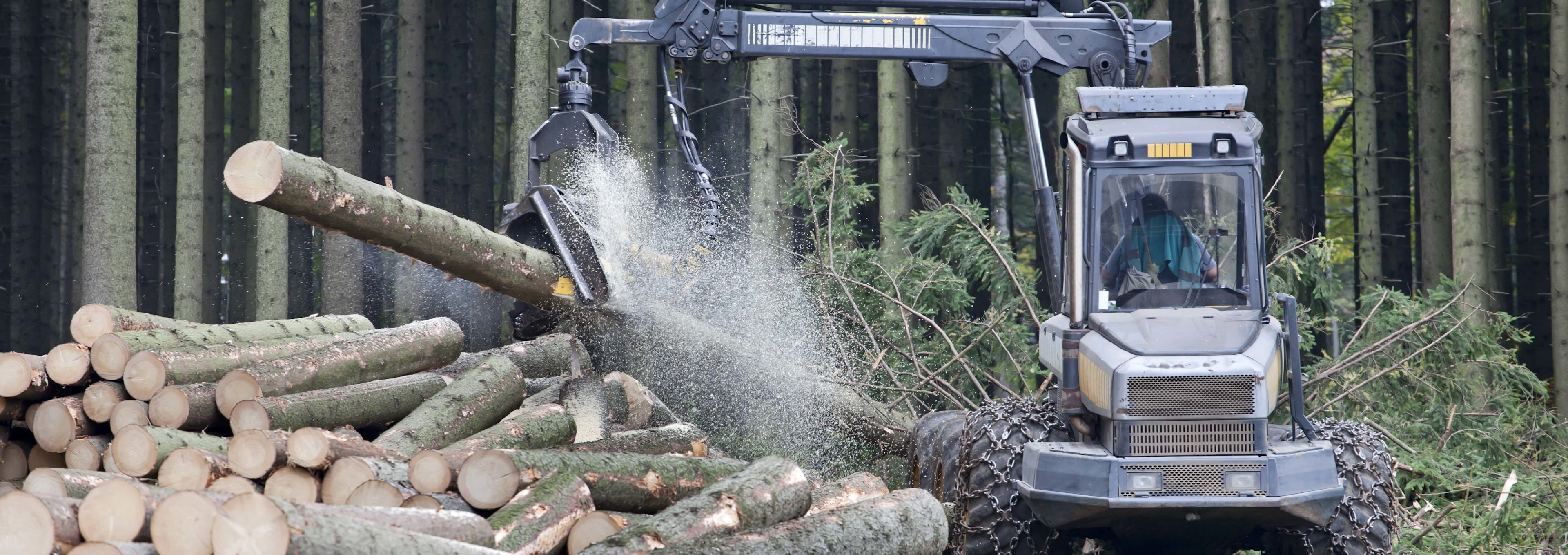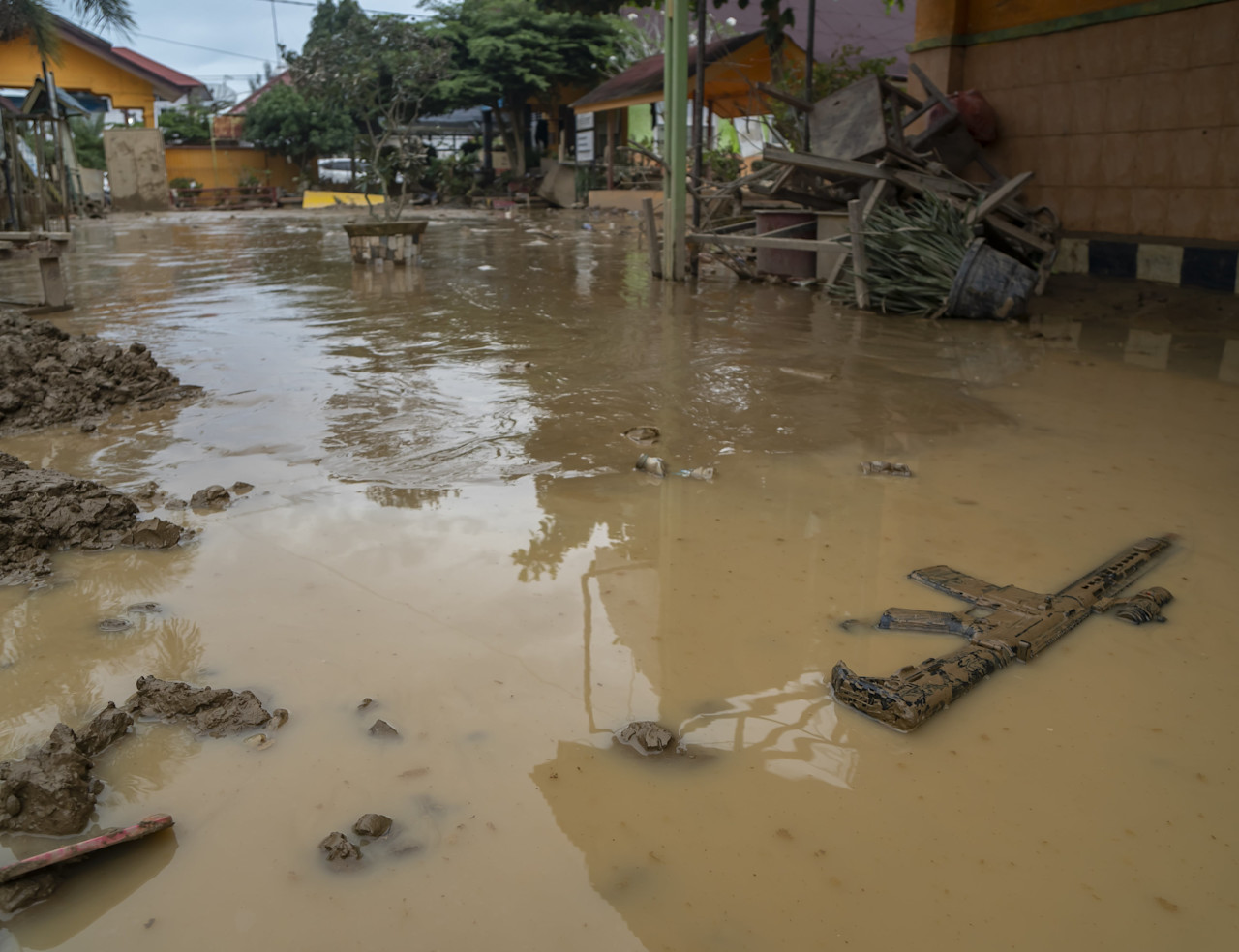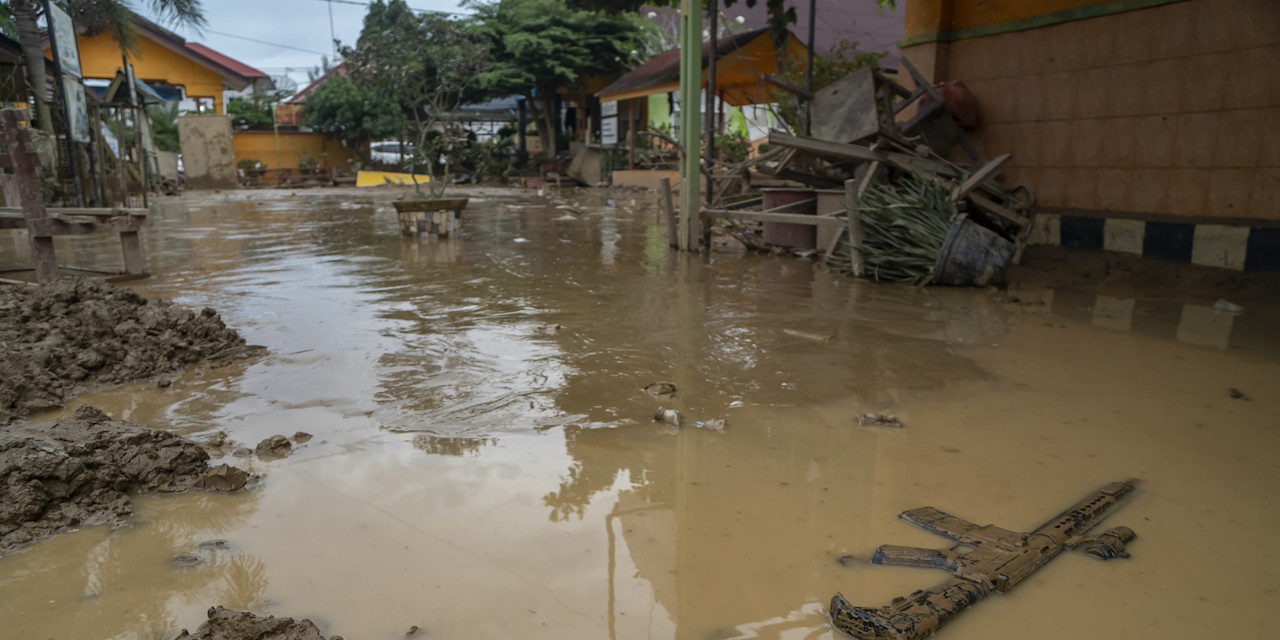

The uphill struggle in tackling commodity-linked deforestation
Progress has been made in managing deforestation risks, though traceability remains a challenging issue for companies, Robeco’s engagement has found.
まとめ
- Effective engagement with around two-thirds of companies in the program
- More companies set zero deforestation targets for suppliers
- Yet traceability and monitoring remains an uphill battle for some
The Active Ownership team is winding down an engagement program launched in 2019 focused on addressing biodiversity loss linked to deforestation driven by production of five key commodities – cocoa, pulp and paper, natural rubber, beef and soy. All are extensively used in the food, materials and consumer goods sectors in which Robeco invests.
Investee companies who sourced these commodities were asked to set credible zero deforestation commitments, conduct robust biodiversity impact assessments, and address the social challenges in their supply chains that amplify power imbalances and further incentivize deforestation. All were expected to actively work towards reverting nature loss no later than 2030.
The engagement, which came to an end in June, has produced mixed results. We successfully closed around two-thirds of engagement dialogues under the engagement theme. “In the last three years, we have seen more companies setting zero deforestation targets and strengthening their monitoring systems to map how their suppliers are exposed to deforestation risks,” says engagement specialist Laura Bosch.
“However, challenges remain around the scope of some of these policies and the overall monitoring efforts to prevent and manage deforestation risks upstream in their value chains. Some companies sourcing soy and beef still struggle to include illegal deforestation and native vegetation under such commitments.”
“Pulp and paper companies tend to be vertically integrated and source smaller volumes from external suppliers, and so have better traceability and monitoring systems in place. They are also able to rely on well-established certification schemes such as the Forest Stewardship Council (FSC) and the Programme for the Endorsement of Forest Certification (PEFC).”
“For companies sourcing cocoa and rubber, the challenge around traceability and monitoring remains an uphill battle. These soft commodities rely heavily on smallholder farmers and have several intermediaries involved in the value chain, making the overall visibility across the supply chain more challenging.”
サステナビリティに関する最新のインサイトを把握
ロベコのニュースレター(英文)に登録し、サステナブル投資の最新動向を探求しましょう。
Biodiversity impact assessments
Land use change remains the biggest driver for biodiversity loss, led by deforestation to make way for livestock or high-value cash crops such as palm oil – the subject of a separate engagement campaign that has been running since 2018. Aside from the destruction of natural habitats, often also adversely affecting indigenous populations, forests are major carbon sinks that can help reduce global warming.
It is therefore essential for companies to embrace ecosystem conservation and restoration in areas where commodity sourcing has had a negative impact. “In our engagement, we asked companies to implement adequate ecosystem restoration and conservation efforts next to improved disclosures on locations in high carbon stock areas,” Bosch says.
“Most companies have restoration and conservation projects in place, but these tend to be implemented on an ad-hoc basis without being strategically set to mitigate the negative impact of their sourcing strategies. Few were able to commit a sizable level of investments to advance their work on this front. We have seen companies issuing green bonds or fund pilot schemes which aim to restore or conserve landscapes where they source the soft commodities from.”
Risk assessments
Biodiversity loss is a risk that needs to assessed by investors and companies alike. Regulators across the globe are placing more importance on encouraging the private sector to manage this risk. For example, the EU’s Sustainable Finance Disclosure Regulation (SFDR) now requires investors to report the Principal Adverse Impacts of their investments, one of which refers to the direct biodiversity impact of companies.
Standardized disclosures on how to manage biodiversity-related risks and opportunities will be supported by the launch of the Taskforce for Nature-related Financial Disclosures (TNFD) in September 2023.
The EU Deforestation Regulation (EUDR) similarly requires companies importing products linked to high-risk soft commodities to prove that these are not linked to deforestation. “In our engagements, we have asked companies to enhance the traceability of the raw materials they source and conduct a risk assessment to understand where the risks lie across their supply chains,” says Bosch.
“When it comes to analyzing the biodiversity impacts and dependencies of companies, few are checking their reliance on different species of plants, or trying to calculate their impact on nature with the Integrated Biodiversity Assessment Tool (IBAT) or similar tools.”
“We hope the integration of the new Taskforce for Nature-related Financial Disclosures (TNFD) framework will help in streamlining a holistic approach towards how companies carry out their biodiversity impact assessments.”
Greater disclosure
What is also encouraging is the raised levels of disclosures of corporate activity on biodiversity. “We recognize that some companies are starting to disclose their deforestation-free volumes and Scope 3 emissions in sourcing of raw materials – something which was not publicly disclosed few years ago,” says Bosch.
“The adoption of certification schemes has also increased over time, with companies in the pulp and paper industry achieving a relatively high level of FSC and PEFC certifications throughout their supply chain.”
“Other soft commodities such as natural rubber or soy still lack a credible certification scheme adopted across the industry. Key disclosure challenges relate to divergent definitions used by companies to report their deforestation efforts, lack of independent verification for some of their efforts, and overall lack of disclose of the hectares linked to land use change.”
Ongoing engagement efforts
While the deforestation engagement theme is closing, work will continue on reducing biodiversity loss. The Nature Action 100 investor group will collaboratively target engagement efforts on those companies and sectors with the highest negative impact on nature. It will work in a similar way to the Climate Action 100+ group which has seen success in tackling the world’s biggest carbon emitters.
“Moreover, we continue our sovereign engagement work focused on supporting government agencies in their efforts to reduce deforestation rates in Brazil and Indonesia,” Bosch says. “We cannot afford another decade of nature loss if we are serious about tackling climate change.
“Increased momentum on the topic of mitigating biodiversity loss in the next decade is undeniable. Both companies and investors are directly exposed to soft and hard law requiring more transparency on how nature impacts and dependencies are accounted for across their organizations.”
重要事項
当資料は情報提供を目的として、Robeco Institutional Asset Management B.V.が作成した英文資料、もしくはその英文資料をロベコ・ジャパン株式会社が翻訳したものです。資料中の個別の金融商品の売買の勧誘や推奨等を目的とするものではありません。記載された情報は十分信頼できるものであると考えておりますが、その正確性、完全性を保証するものではありません。意見や見通しはあくまで作成日における弊社の判断に基づくものであり、今後予告なしに変更されることがあります。運用状況、市場動向、意見等は、過去の一時点あるいは過去の一定期間についてのものであり、過去の実績は将来の運用成果を保証または示唆するものではありません。また、記載された投資方針・戦略等は全ての投資家の皆様に適合するとは限りません。当資料は法律、税務、会計面での助言の提供を意図するものではありません。 ご契約に際しては、必要に応じ専門家にご相談の上、最終的なご判断はお客様ご自身でなさるようお願い致します。 運用を行う資産の評価額は、組入有価証券等の価格、金融市場の相場や金利等の変動、及び組入有価証券の発行体の財務状況による信用力等の影響を受けて変動します。また、外貨建資産に投資する場合は為替変動の影響も受けます。運用によって生じた損益は、全て投資家の皆様に帰属します。したがって投資元本や一定の運用成果が保証されているものではなく、投資元本を上回る損失を被ることがあります。弊社が行う金融商品取引業に係る手数料または報酬は、締結される契約の種類や契約資産額により異なるため、当資料において記載せず別途ご提示させて頂く場合があります。具体的な手数料または報酬の金額・計算方法につきましては弊社担当者へお問合せください。 当資料及び記載されている情報、商品に関する権利は弊社に帰属します。したがって、弊社の書面による同意なくしてその全部もしくは一部を複製またはその他の方法で配布することはご遠慮ください。 商号等: ロベコ・ジャパン株式会社 金融商品取引業者 関東財務局長(金商)第2780号 加入協会: 一般社団法人 日本投資顧問業協会





















